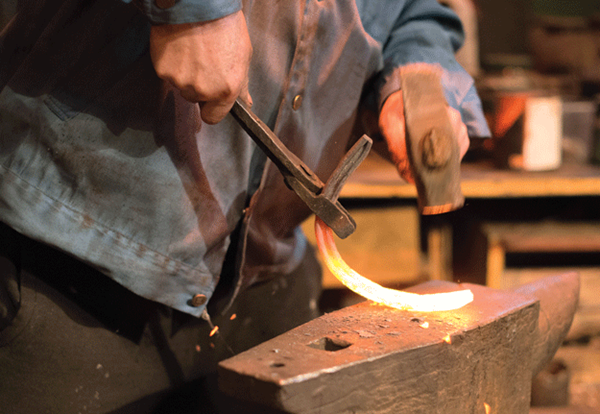I entered the third year of medical school with great excitement. I was finally out of the classroom and seeing real patients, connecting with them and discussing their care with residents and attendings who challenged and inspired me. This is what I had waited for during those long years in the classroom.
About halfway through the year, however, I started to notice that I was having trouble connecting with some of the patients. To be honest, I found them grating and unpleasant. Some were rude or withdrawn, others agitated or openly hostile. Many were suffering as a result of their own poor self-care, and I was concerned about my own lack of sympathy for these people.
By the end of third year, I developed a simple strategy to help me see difficult patients with fresh eyes: I imagined each of them as an infant, held by a family member who loved and cherished them. After all, each of these challenging patients had once been adored. And if they had not been, all the more reason to feel for them now.
For a brief time, this strategy worked remarkably well. I felt my patience expand. I did not take rude comments personally nearly as often. I made connections where I had not been able to previously, and I felt I was truly providing better care. In fact, I was invited to join my school's humanism society and even won an award for humanism.
Then I started my residency in emergency medicine.
I was exhilarated and terrified. The pace was much faster and my responsibility much weightier. Within a month, my strategy had proven itself to be maladaptive. Many of my patients' stories were just too sad. Poverty and violence and substance abuse had shaped the lives and psyches of too many people. I made it through resuscitations only to collapse emotionally afterward, sobbing in the ambulance bay or crying on my husband's shoulder late at night. I knew I had to change my approach or else be ruined by it.
It took time and practice to brace myself against the onslaught of pain and discomfort I see on every shift. Now, in my third year of residency, I can hold the hand of a sobbing mother and tell her that her teenage son died of his bullet wounds. I can tell the young mother of two that her cancer has spread to her spine and is almost certainly going to kill her. Does this mean I am a better doctor, or just a numb one?
After all these years, I have found that becoming a doctor is much like becoming a parent. People warn you that it will change you, but you do not really understand until you have been through the transformation yourself. I worry this process has changed me too much.
Unfortunately, by deliberately becoming inured to pain, I have become more detached from other emotions, too. Maybe this is why emergency physicians are stereotypically thrill-seekers, adrenaline junkies. Maybe skydiving and race car driving allow us to feel something, when it can be difficult to feel anything at all.
Residency offers plenty of other pressures besides constant exposure to other people's hurt. Hours are long and variable, leaving little time for family or self-care or sufficient rest. In addition, many residents leave medical school with crushing debt that can lead to a different kind of hopelessness. This reality sharply limits safe exit options for any resident who, faced with brutal schedules and unrelenting human suffering, might otherwise rethink their career choice.
There has been a lot of attention lately on physician wellness. Suicide is strikingly more common in medical students, residents, and attending physicians than in the general public. Residency programs in particular are starting to focus more on wellness and resiliency. While a necessary first step, unfortunately a one-size-fits-all approach will be difficult to find.
For me, family has served as anchor and salvation. When I have seen too much death, too much hopelessness, or too much sorrow, I start to feel sealed off from real life. Spending time with my family melts the edges of my frozen feelings — but it takes time. The first day off is often disconcerting; I've missed my children so much, but they're not used to me being home all day and I'm not used to their special brand of chaos. By the second day off, the kids are less wary of me and I'm more patient with them, and I start to remember who I was before and who I could be again.
My love for my husband, my children, and my mother is the only thing stronger than the self-protective wall around my feelings. I'm always a better doctor, wife, mother, and person when I have enough time away from work to be true to myself again. Unfortunately, sufficient time is hard to come by in residency. I hold on and hope that attending life will offer more of the balance we all seek.



